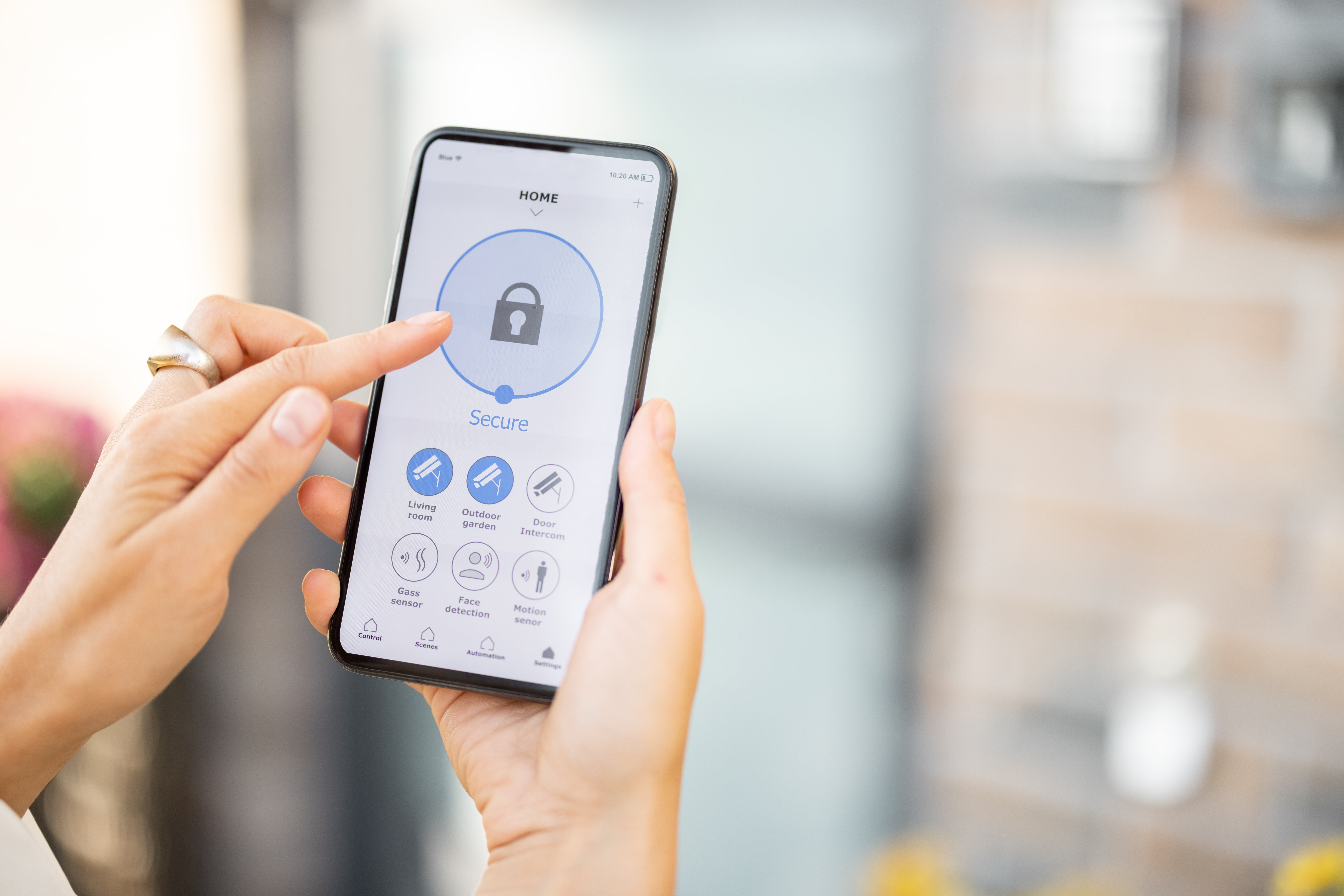In today’s competitive retail environment, security has become a crucial consideration. Retail stores must not only protect their valuable merchandise from theft and vandalism but also ensure the safety and well-being of their employees and customers. One effective way to achieve this balance is through the implementation of alarm systems and intrusion detection technologies. In this article, we’ll explore the benefits of these security measures, the different types of alarm systems and intrusion detection available, the role of technology in retail security, and the importance of maintaining and upgrading security systems over time.
The Benefits of Alarm Systems and Intrusion Detection
Alarm systems and intrusion detection offer various benefits to retail establishments. The first and most obvious advantage is the protection of a store’s valuable assets. When potential thieves are aware that a security system is in place, they’re less likely to attempt a break-in. Furthermore, security measures can deter vandalism and other forms of property damage, which can save business owners considerable repair and replacement costs.
Another significant benefit for retailers is the potential to lower insurance premiums. Insurance providers often provide discounts to businesses that implement comprehensive security systems, as these measures reduce the likelihood of theft, property damage, and other incidents that may result in insurance claims. Thus, investing in an alarm system or intrusion detection technology can yield long-term financial benefits for retail store owners.
Perhaps most importantly, security measures serve to protect the safety of employees and customers. In the event of an emergency or criminal activity, alarm systems and security sensors for retail stores can quickly alert authorities and help prevent injury or harm to those involved. This not only fosters a safer environment within the store but also bolsters the public’s trust in the establishment.
Types of Alarm Systems and Intrusion Detection

The market is flooded with various alarm systems and intrusion detection technologies tailored to meet the specific needs of retail environments. One popular option is the use of motion detectors. These devices can detect movement in a given area and trigger an alarm if unauthorized entry is suspected. Some retailers also opt for glass break detectors, which set off an alarm if they sense the specific frequency of glass shattering, indicating a forced entry.
Video security systems are another widespread choice among retailers. These systems allow business owners to monitor activity within and around their stores visually. These systems can be paired with advanced analytics software capable of detecting suspicious behaviors, such as loitering or attempting to tamper with security devices, and automatically alerting store personnel or security teams.
The Role of Technology in Retail Security
Technology has played a critical role in the development and advancement of retail security over the years. The use of Internet of Things (IoT) devices, interconnected security sensors, and cloud-based monitoring platforms have improved the efficiency and effectiveness of security systems, making them more scalable and accessible to businesses of all sizes. Retailers can now gather and analyze data from various security devices, allowing them to respond more effectively to potential threats and better secure their premises.
Maintaining and Upgrading Your Security

While investing in and implementing alarm systems and intrusion detection is essential, it’s equally important to maintain and upgrade these systems over time. Regular maintenance can help ensure devices function optimally and address any potential weaknesses before they become detrimental to the store’s overall security. Retailers should work closely with their security providers to schedule routine inspections and maintenance checks.
Upgrading security is also crucial, as criminals are continually developing new tactics to bypass or defeat established security measures. Retailers must stay informed about advancements in security technology and evaluate whether their current systems are capable of addressing emerging threats. Additionally, businesses should listen to the feedback of employees and customers who may notice new vulnerabilities or areas for improvement within the store’s security measures.
Altogether, a proactive approach to maintaining and upgrading security systems is essential in ensuring the ongoing protection of a retail store’s assets, employees, and customers.







